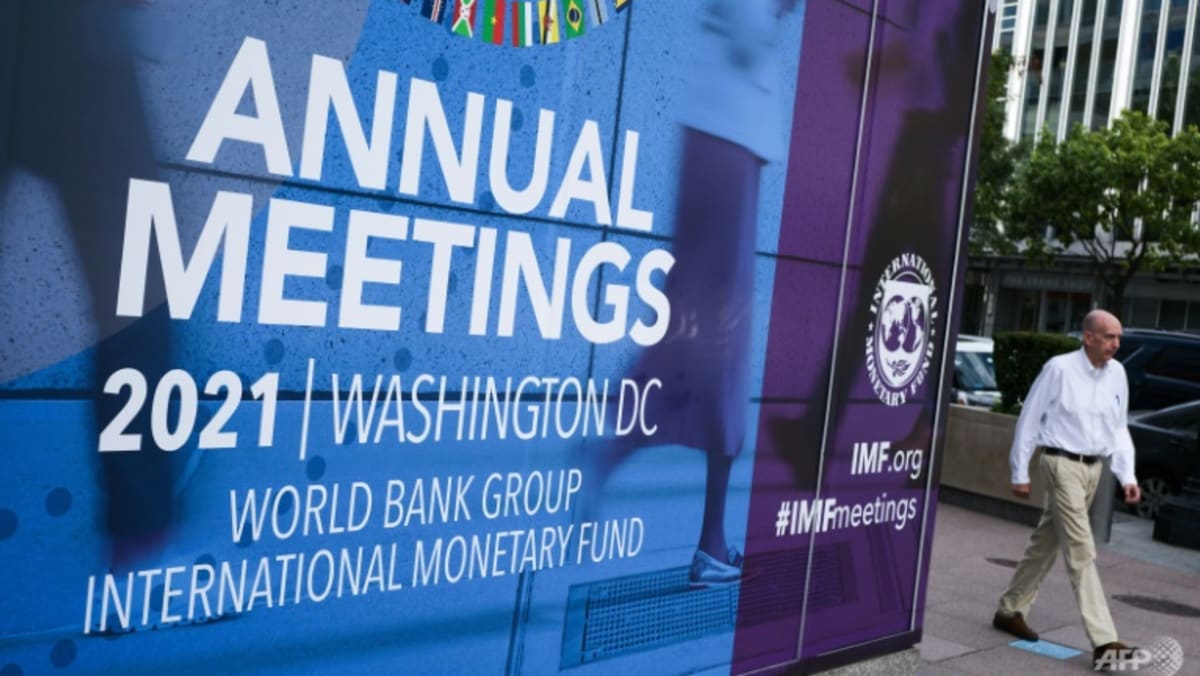Commentary: Powerful countries exert undue influence over multilateral organisations
First, leadership is vital. The role of any multilateral institution’s leader includes not only speaking truth to power, but also mobilising smaller countries to ensure their voices are heard in counteracting the influence of the powerful.
Yet, such offsetting influence will be muted as long as powerful states control the appointment and reappointment of organisations’ senior leadership – as the US and the European Union, and increasingly China, do at the World Bank and the IMF. As matters stand, the heads of these institutions are implicitly accountable to the leading powers.
Second, in principle, formal governance arrangements guaranteeing the representation of all members, rules about staffing and funding, and decision-making processes permit all member states to hold an institution to account.
But the effective operation of such mechanisms requires attention, information and experience. Currently, too many countries are represented in multilateral institutions by officials who serve brief terms and have little access to information. This makes them easy to outmanoeuvre.
Less powerful countries need to train and equip their representatives appropriately to serve on the boards of international organisations, so that they can hold their own and constrain the undue influence of the more powerful.
Last, transparency is crucial. The trend toward open evaluations conducted by independent evaluation offices and the increased publicity surrounding efforts by some countries to influence international organisations, are uncomfortable for all participants. But they are vital in the pursuit of effective cooperation.
Given today’s heightened geopolitical tensions, complaints about some countries’ supposedly excessive sway in multilateral institutions may become more frequent.
More accountable leadership, effective representation, and transparency are the best tools for counteracting, detecting and mitigating it.
Ngaire Woods is Dean of the Blavatnik School of Government at the University of Oxford. PROJECT SYNDICATE
For all the latest business News Click Here

